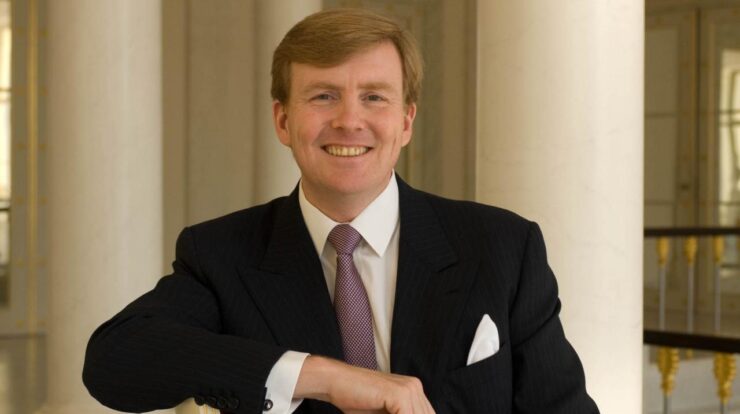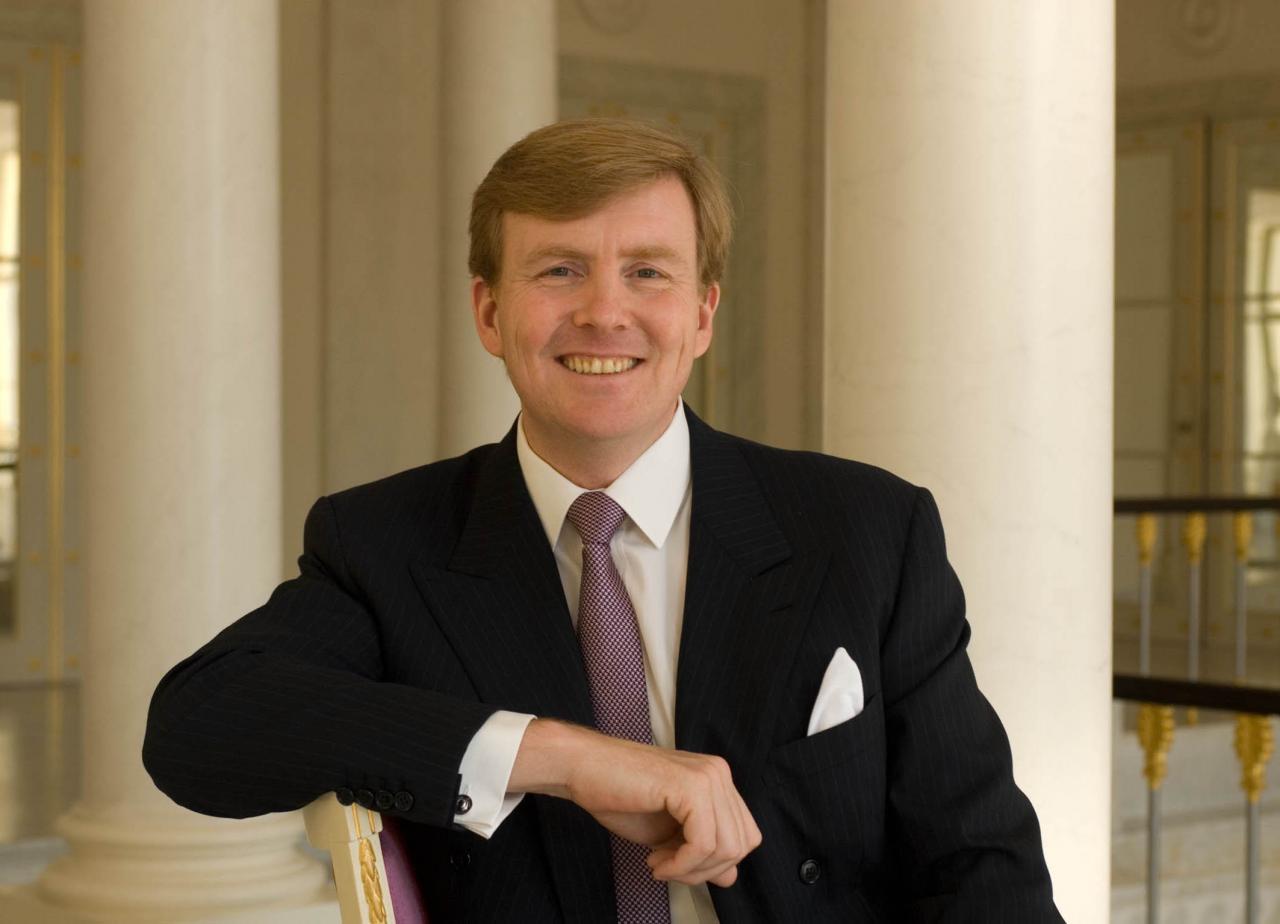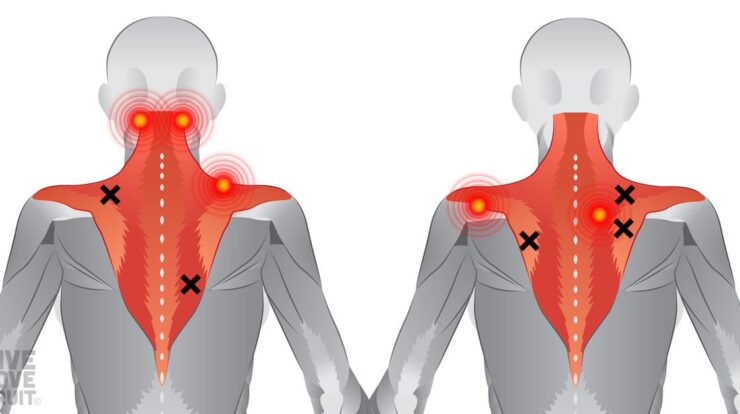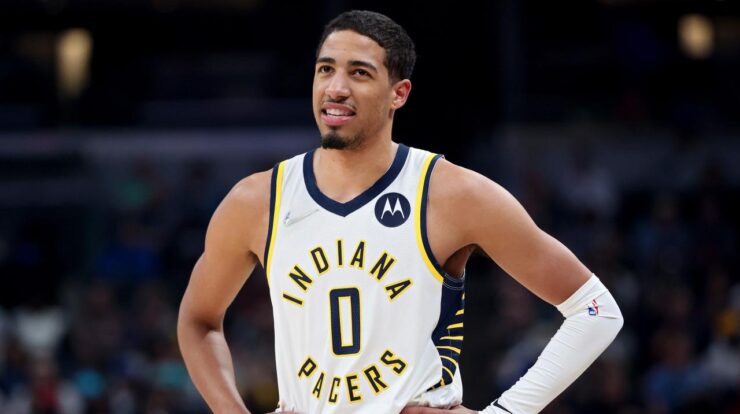
King of netherlands – The King of the Netherlands, a revered figurehead of the Dutch monarchy, embodies a rich history, constitutional responsibilities, and a profound impact on the nation’s identity. This article delves into the lineage, role, and significance of the Dutch monarch, exploring their public duties, international diplomacy, and personal life.
From the annals of Dutch history to the present day, the monarchy has evolved, adapting to the changing political and social landscape while maintaining its symbolic and ceremonial significance. The King’s constitutional role and responsibilities shape the nation’s governance, while their public engagements and international diplomacy play a vital role in fostering unity and promoting Dutch interests abroad.
Royal Lineage and History
The current King of the Netherlands, Willem-Alexander, is a member of the House of Orange-Nassau, a royal dynasty that has ruled the Netherlands since the 16th century. The lineage can be traced back to William the Silent, the leader of the Dutch revolt against Spanish rule in the 16th century.
Over the centuries, the Dutch monarchy has played a significant role in shaping the country’s history. The monarchy has been a symbol of national unity and stability, particularly during times of political and social upheaval.
Constitutional Role and Responsibilities
The King of the Netherlands is the head of state and plays a largely ceremonial role within the Dutch constitutional monarchy. The monarch’s powers are limited, and most executive power is vested in the Prime Minister and the government.
- The King formally appoints the Prime Minister and other ministers, but they are chosen based on the results of parliamentary elections.
- The King opens the parliamentary year and delivers the annual Throne Speech, outlining the government’s agenda.
- The King represents the Netherlands in international affairs, including diplomatic missions and state visits.
Public Duties and Engagements

The King of the Netherlands carries out a wide range of public duties and engagements, both at home and abroad.
Domestically, the King attends official ceremonies, such as the opening of parliament and the investiture of new ministers. He also visits various regions of the Netherlands to meet with citizens and learn about local issues.
Internationally, the King represents the Netherlands in diplomatic missions and state visits. He promotes Dutch interests abroad and strengthens relationships with other countries.
International Relations and Diplomacy
The King of the Netherlands plays an important role in international relations and diplomacy.
- The King represents the Netherlands at international summits and conferences, such as the United Nations General Assembly.
- The King undertakes state visits to other countries to strengthen bilateral relations and promote Dutch interests.
- The King hosts foreign dignitaries and heads of state on official visits to the Netherlands.
Personal Life and Interests
King Willem-Alexander is married to Queen Máxima, who was born in Argentina. They have three daughters: Catharina-Amalia, Alexia, and Ariane.
The King is known for his interest in water management and environmental issues. He is also a passionate sports fan and enjoys playing tennis, golf, and sailing.
Symbolism and Representation, King of netherlands
The King of the Netherlands is a symbol of national unity and identity.
- The King represents the continuity of the Dutch state and the stability of its institutions.
- The King’s image appears on Dutch coins and banknotes, and his name is used in official documents.
- The King’s birthday is celebrated as a national holiday in the Netherlands.
Media Coverage and Public Perception
The King of the Netherlands receives extensive media coverage in the Dutch press and international media.
The King’s public image is generally positive, and he is seen as a respected and popular figure. However, there have been occasional controversies surrounding the monarchy, particularly regarding its cost and the personal conduct of individual members of the royal family.
Conclusion: King Of Netherlands
The King of the Netherlands remains a central figure in Dutch society, embodying the nation’s heritage and aspirations. Their symbolic and representational significance extends beyond the realm of politics, deeply embedded in the cultural fabric of the Netherlands. As the monarchy navigates the complexities of the modern era, it continues to adapt and evolve, ensuring its relevance and enduring legacy in the hearts and minds of the Dutch people.
Helpful Answers
Who is the current King of the Netherlands?
King Willem-Alexander
What are the King’s constitutional responsibilities?
Head of state, symbol of national unity, and plays a role in government formation
What is the significance of the King’s public engagements?
Reinforces the monarchy’s connection with the people and promotes Dutch culture and values





